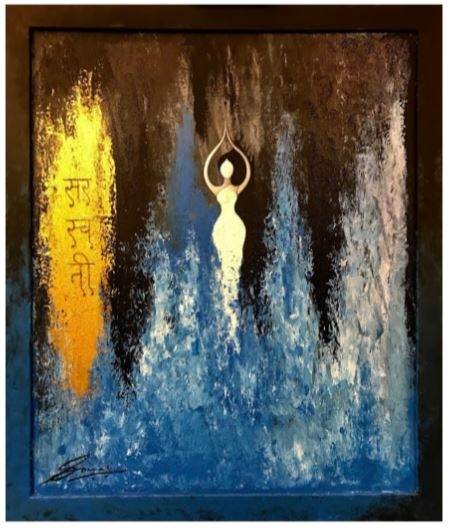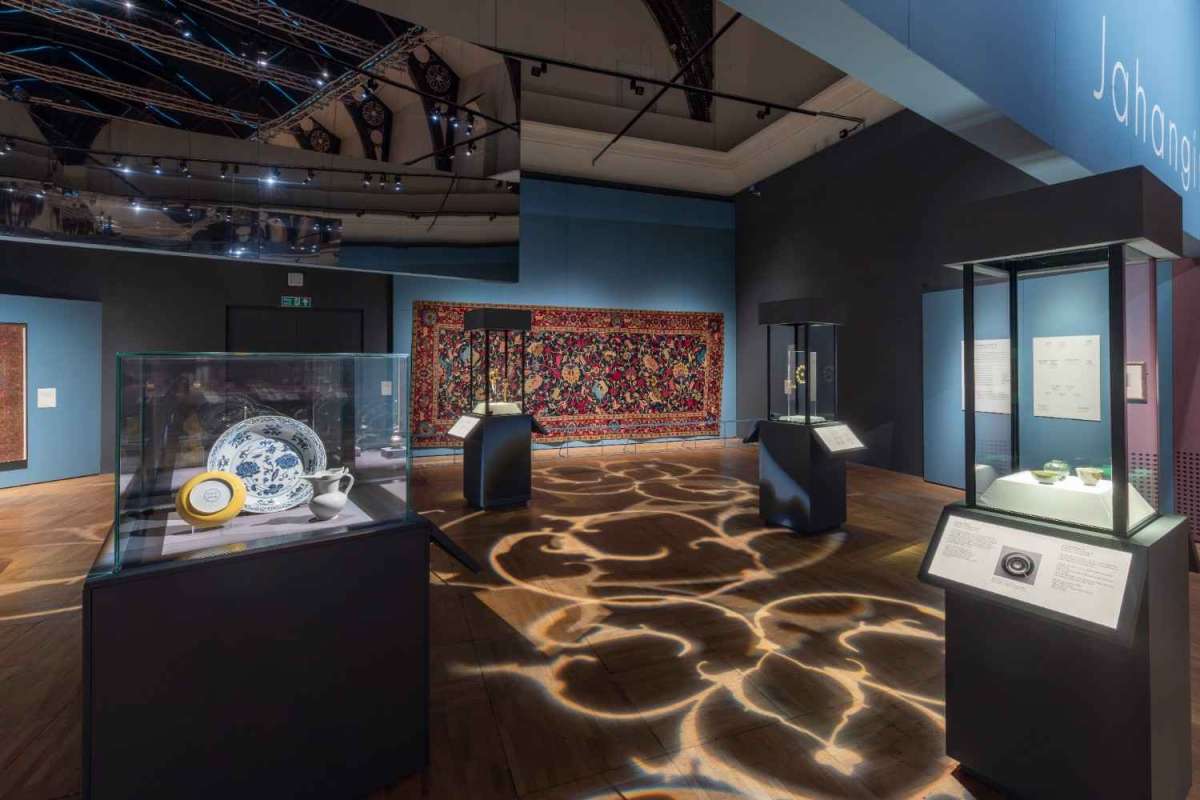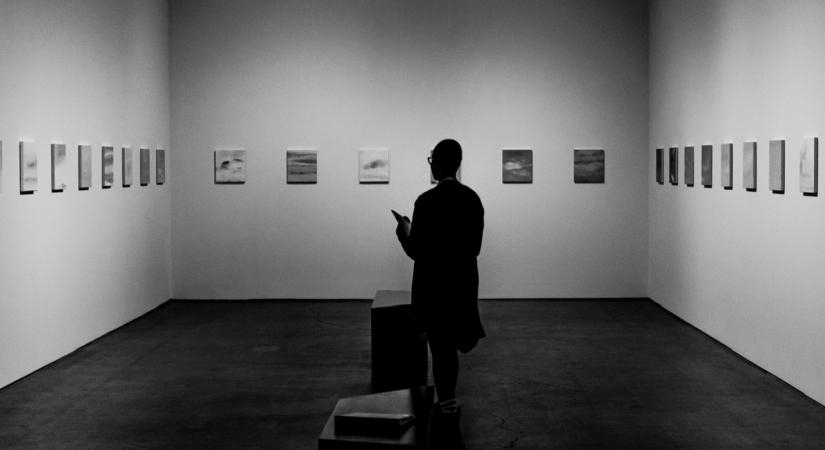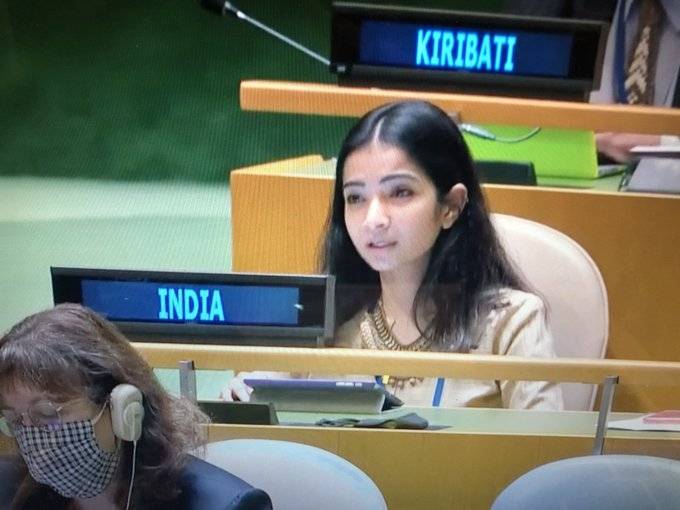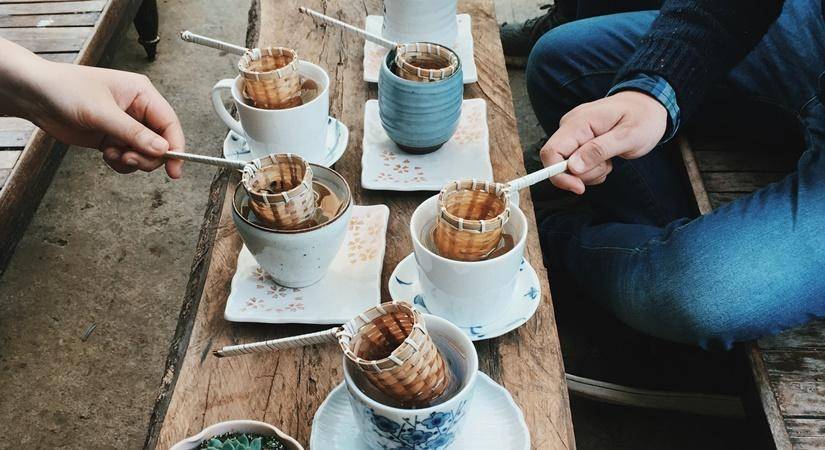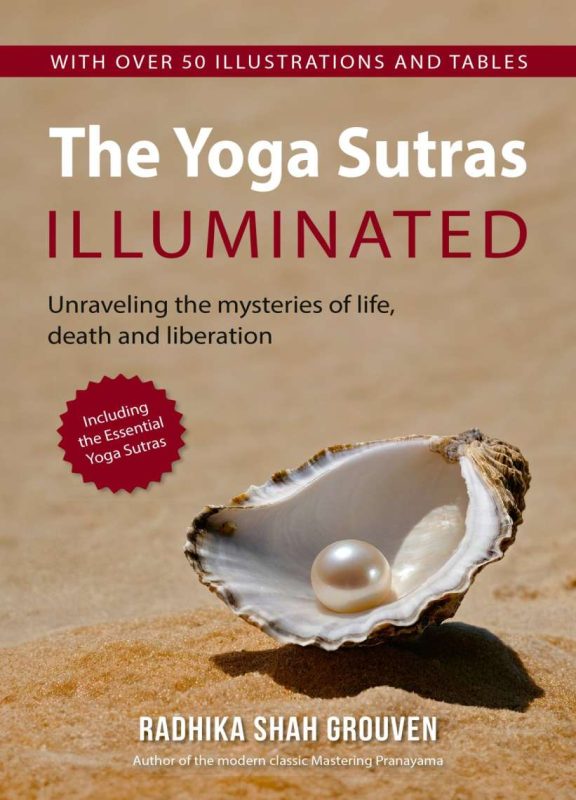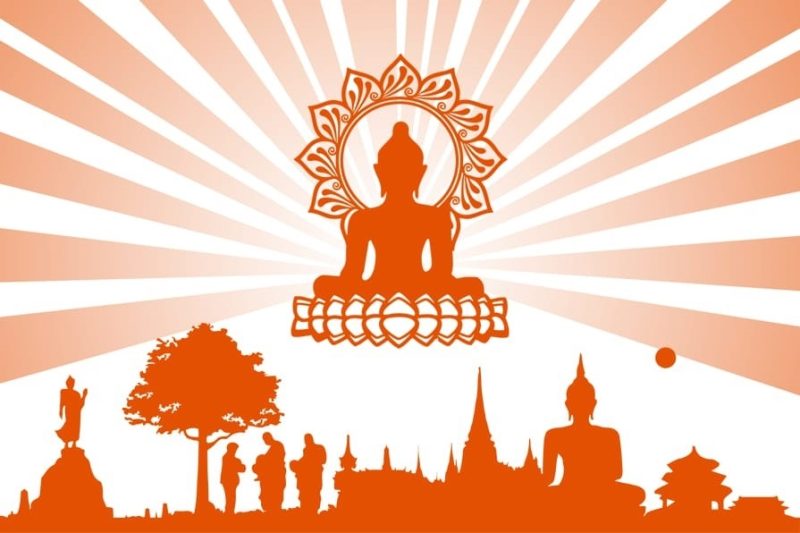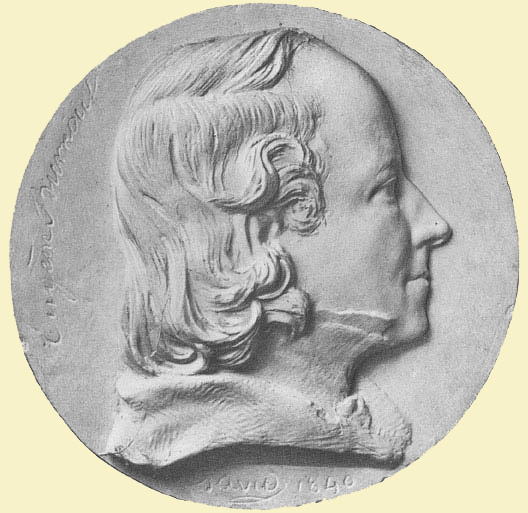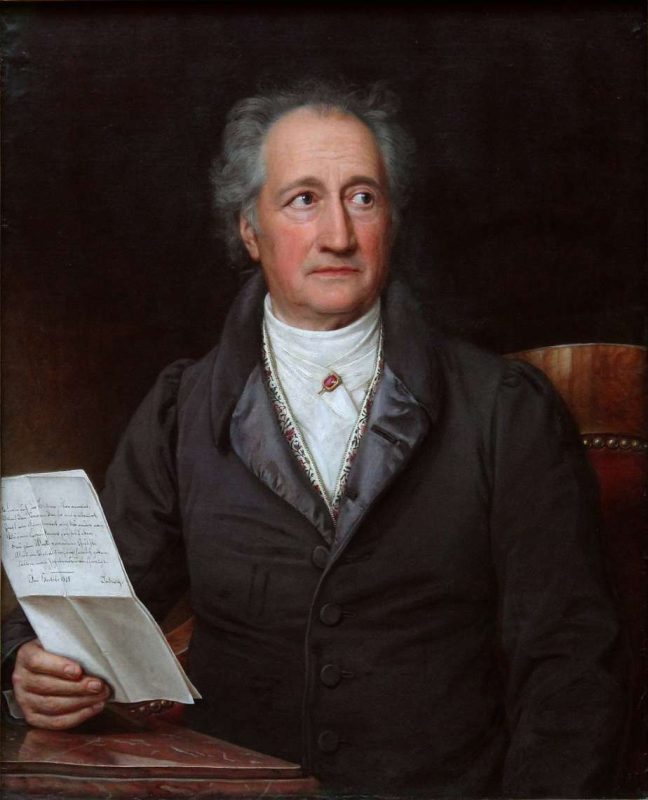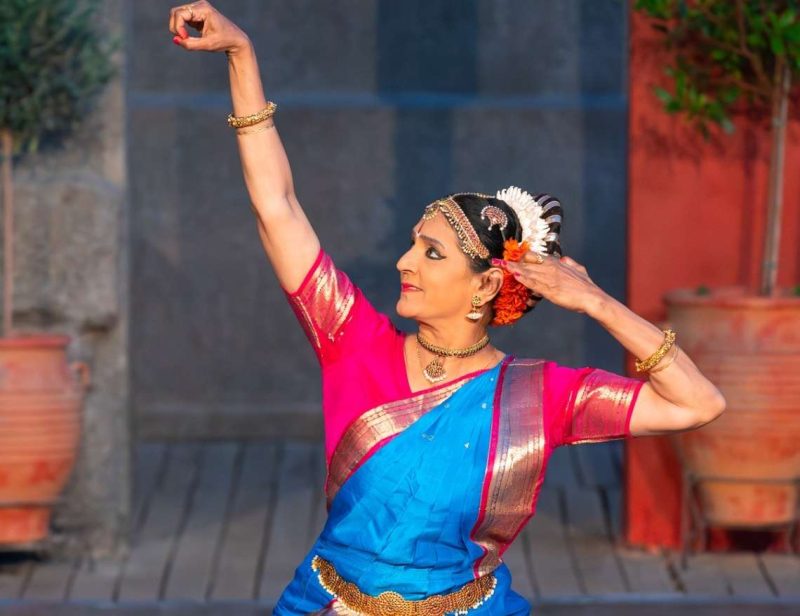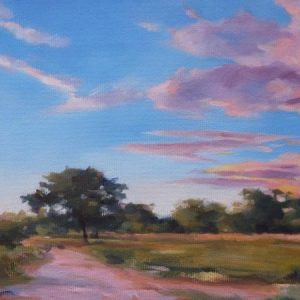I know women bore a disproportionate share of the burden during the pandemic. But I cannot comment on how that affected their practice…artist Santosh Jain interacts with Siddhi Jain.
In the modern era, women are exploring their talents and exposing them to the outer world without any inhibition. The pandemic has transformed the art landscape in India, driving art exhibitions to the digital medium and an influx of pandemic-inspired themes on the canvas.
How has the art landscape in India changed from 2019 to now? Is there a specific impact of the pandemic on women artists? Four Indian female artists assess its tangible impacts on the art world.
Santosh Jain
Viewing of art on digital platforms gained almost sudden popularity after 2019. Indian artists took to social media to share their works, form artist groups and even tag peers in art challenges. It was as if the artist community had come together; this was inspiring. One could see works of artists one hadn’t come across earlier, and virtual interactions helped support each other during the lockdown. But the ease of posting and over one year of just digitally viewing art also led to ‘art fatigue’ and a dilution in quality! Art galleries and museums have reopened in the last 2 months. And even though there are strict guidelines on admissions, timings, etc., it feels great to see art lovers step out to experience art.
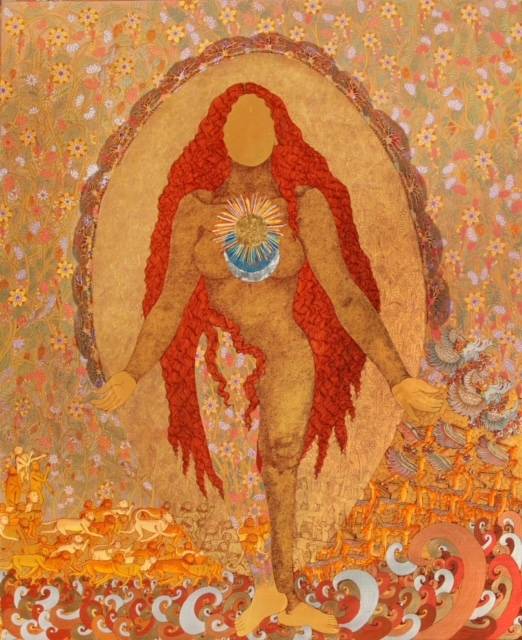
I know women bore a disproportionate share of the burden during the pandemic. But I cannot comment on how that affected their practice. Instead, I can speak about myself and how the pandemic impacted me as a woman artist.
The pandemic affected me quite badly. I felt pressed down with so much dread around… updates on tv, ambulance sirens, eerie silence and WhatsApp messages bearing sad news. Fear and uncertainty haunted me day and night. My art helped me express my inner concerns and come to terms with the new ‘normal’. I created works across mediums almost daily – Multi Media works, Digital Paintings and even Linocuts in 2020 -21. For The Lockdown Series, I experimented with art material’ that was available at home — bills from home deliveries, kitchen foil, laundry strips, coffee, old cards, etc., My colour palette turned gloomy during the second wave. I also explored the concept of ‘shadows’ in The Languish Series. I feel no one stays with us forever except our shadow. In good times, in bad times and even in death.
Sonali Chaudhari
The years 2019 to 2021 have seen significant changes in each and every sphere. The Covid-19 pandemic has had lasting implications on every level of society. Art forms of any period are a reflection of that era. Needless to say, much of the art created during these years will remind us of these difficult times for generations to come. Furthermore, locked in the confines of their homes, people have become more conscious of the impact of art in their lives. Instead of being something elitist, art also has a vital role in stress relief and mental health. More and more online exhibitions made art easily accessible to all people. As an artist, I have seen many people approach me for art that they can identify with and uplift them. During the prolonged lockdowns, my studio was my sanctuary. It gave me much time for self-reflection and exploring various facets of my work in ways that are impossible without complete solitude.
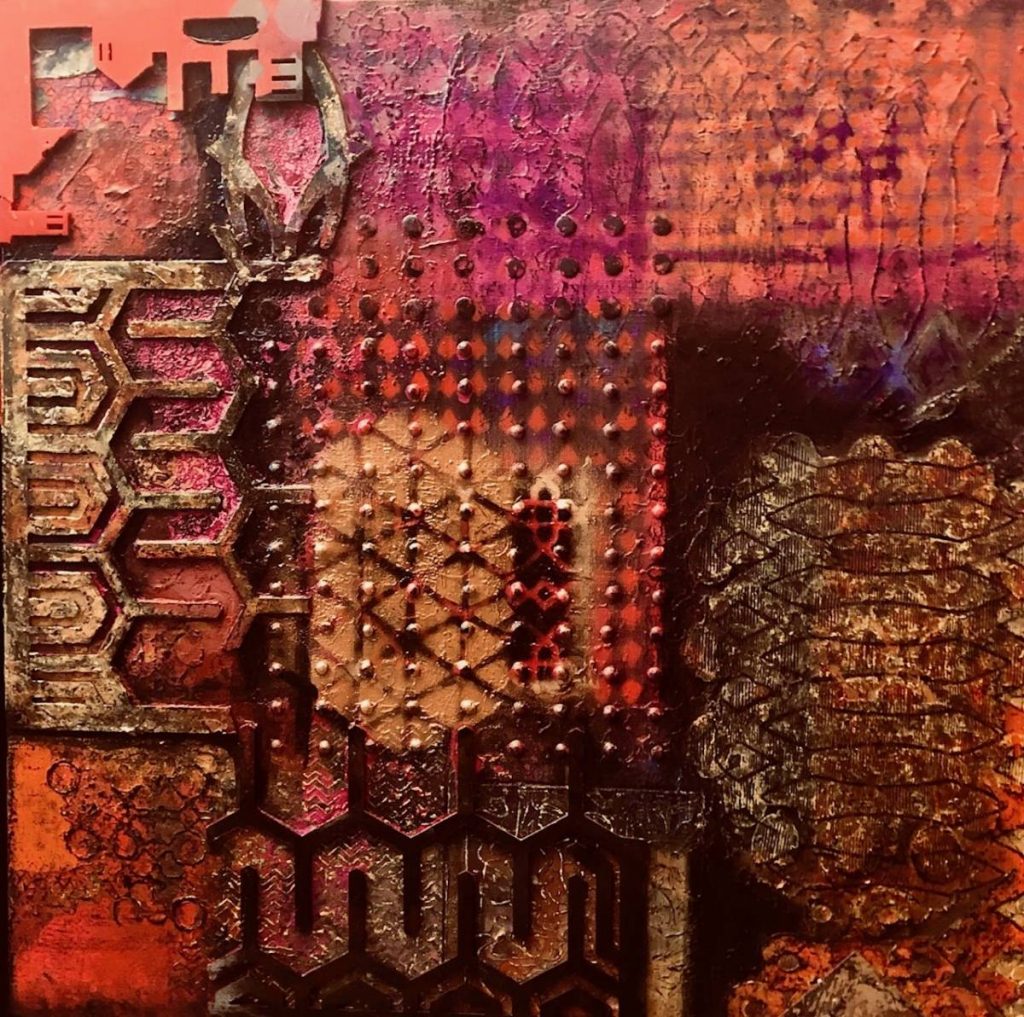
The pandemic has affected every single person and has had an impact on women artists too. However, as in all cases, the level of that impact varies from person to person, based on their socio-economic background. So one cannot generalise in this case. We have all been through the same storm but in different boats.
Seema Kohli
Post the pandemic, art became much more accessible and easier to procure. People had the time to virtually explore art. Most established art galleries already had online presence. The pandemic allowed them to gear up the virtual experience with enhanced technology such as online viewing rooms, artist talks and so on. I think, in spite of the fact that the pandemic had lot of lows, there was room for people to sort of alter their lives and move into different spaces online.
I see myself as an artist first and then as a women artist! On the whole, the impact on the artist community was more of an emotional set back, despite having all the time to themselves to create art. Most of us felt that it was time when we could introspect, sit-down, experiment and work a lot more than otherwise. I think there was no social compulsion which also made it easier for us all to work in our own space and embark on our own journey.
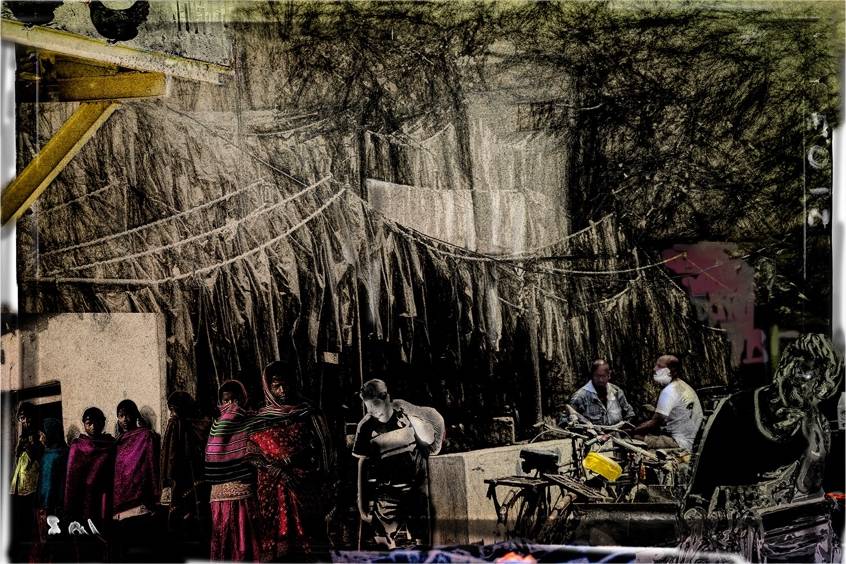
Brinda Miller
I wouldn’t say that the current art landscape has been a reason for artists to make time for introspection and I find a lot of artists posting their best work on social media, especially women artists. I have spent a fair amount of time dabbling in different art experiments. More for my enjoyment and pleasure rather than thinking about the future of art in terms of a career. The shift has been fairly satisfying. The works are brighter than ever as times maybe uncertain and grim. I have always been inspired by my travel but now I am looking at other things. Looking inwards rather than outwards. Being creative can have the best results for women …. be it in their kitchen or it could be pursuing online courses.
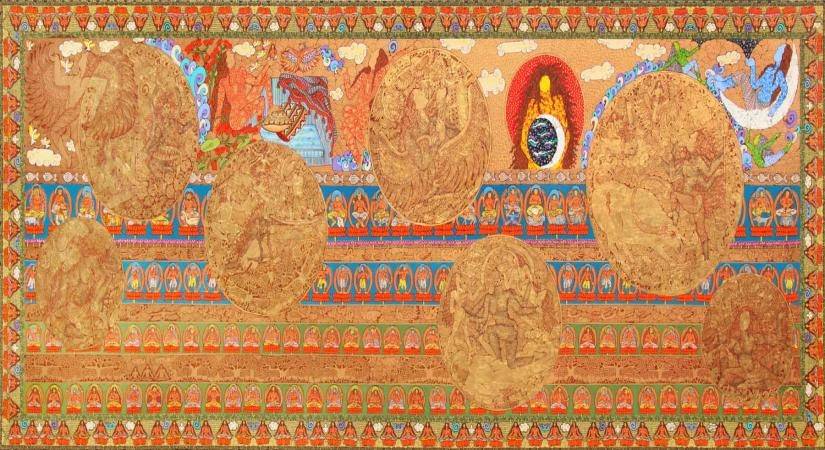
Art is a form of meditation. Colour is therapy! I try to lead a normal life and keep myself busy. I miss a few things like meeting people and travelling but there are other things to keep me going. I have recently begun travelling again -I was in Ladakh last week where the landscape was spectacular, and hope to travel to new places. The rainy weather outside my window is awesome and Mumbai as a city inspires me a lot as do the people of Mumbai who go on with their lives and deal with every issue and survive so well.
ALSO READ-‘Lokame Tharavadu’ a shot in the arm for artists
READ MORE-Street artists must respect locals


